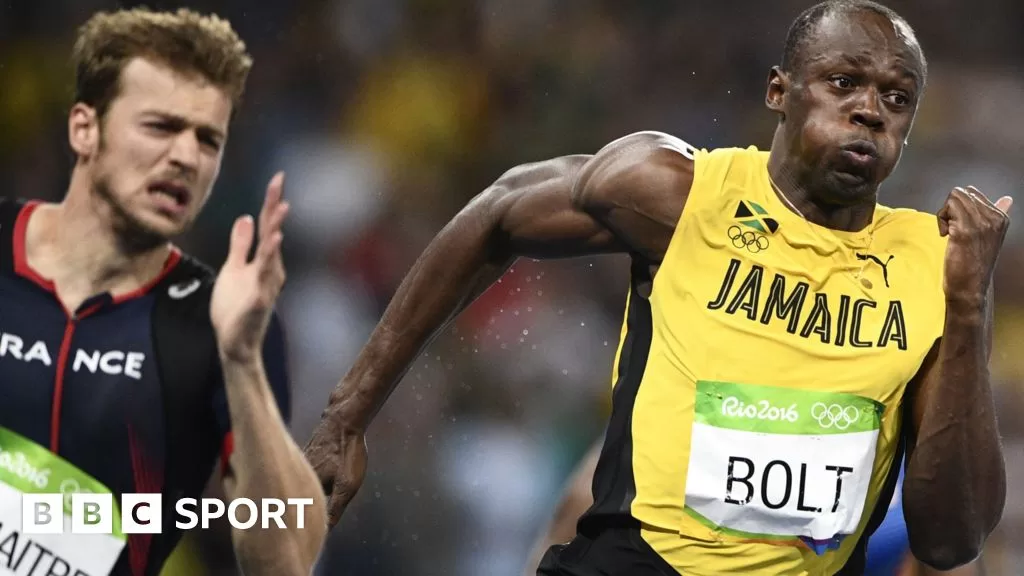In an academic career during which he has conducted research out of universities in Glasgow, Brighton and now Hong Kong, Pitsiladis has built up the largest known DNA bank gathered from international athletes anywhere in the world.
He, more than any scientist globally, has delved deepest into determining whether sporting success can be found in genes. His conclusion, after decades of studies, is eye-opening.
“Genes are of paramount importance, and without the right ones you cannot have success,” he says. “If you put people with the wrong genetics in the right environments, they will have no success, but it is not linked to the colour of your skin,” Pitsiladis says.
For Pitsiladis, genetic heritage is specific and shorter term.
“The reality is that it’s the genes of your parents that dictate athletic ability or anything else, not the genes associated with your skin colour,” he says.
Pitsiladis’ research has led him to conclude that things are not what they seem. Just because no white man has won an Olympic or world 100m medal for 44 years, does not mean they are inherently slower than black sprinters.
To suggest so is to ignore a multitude of crucial cultural and environmental factors.
Pitsiladis originates from Greece, one of the top basketball nations in Europe.
He explains: “Greeks don’t have basketball genes, but everyone plays it in Greece so of course they are going to be good at it.”
This, his extensive research has found, is the key to sprinting success.
In spite of wholesale racial theories espoused by the likes of Bannister, no West African country – from Ivory Coast to Ghana and Senegal to Mali – has ever produced a single individual male Olympic or world medallist over 100m or 200m.
The impact of an Atlantic crossing – on which it is estimated that death rates were around 10-20% – brutal labour on arrival and owners’ selective breeding of slaves shaped the black population of the Caribbean and North America.
But so did Jamaica and the United States’ athletics heritage and infrastructure.
West Africa lacks both. So does Brazil, which is estimated to have been the destination for between 4 and 5.5 million African slaves – many times more than went directly to the United States.
Every Easter in Jamaica, the Inter-Secondary Schools Boys and Girls Championships – the competition better known as Champs – features the island’s best high-school athletes competing inside Kingston’s National Stadium. The event attracts 35,000 spectators, occupies newspaper front pages and leads TV bulletins.
“Everyone in Jamaica will sprint at some point in their lives because they believe they are sprinters by birth and sprinting in Jamaica is practically a religion,” explains Pitsiladis.
“Most will realise they are terrible at it, but the good ones come to the top and there is an environment which allows that to happen.
“Usain Bolt is totally wrong if he believes his genetics are better through slavery. But I would never tell him that because then I would take away his superpower.”
Incidentally, Pitsiladis suggests similar cultural – rather than physical or genetic – factors have been key to East African dominance of long-distance races over recent decades.
From 1920 to 1936, athletes from Finland and Sweden won 25 of the 30 available Olympic 5,000m and 10,000m medals.
As those nations have faded, distance running has become a national sport in Kenya and Ethiopia, where there are also natural physiological benefits to be reaped from training at high altitude.
Campbell subscribes to the idea of a self-fulfilling prophecy around racial stereotypes in sprinting.
He suggests that while divisions along racial lines are obsolete in most parts of society, “myths” around black people continue to prevail in three distinct areas: sport, sex and dancing.
“If you [as a black person] believe you have innate abilities and they are reflected in the environment around you, then you are more likely to invest in the things you perceive you are good at,” he says.
He explains that sprinting is seen as a safe place where black people might feel they can belong and excel.
When France’s Christophe Lemaitre became the first white man to break 10 seconds for 100m in 2010, he made global headlines for the colour of his skin. A subsequent invitation he received to attend a Ku Klux Klan meeting showed the dangers of such a narrative.
Richard Kilty, the last British man to win a global sprint title with world 60m gold in 2014, says other people frequently pointed out his white skin colour before he reached elite level.
